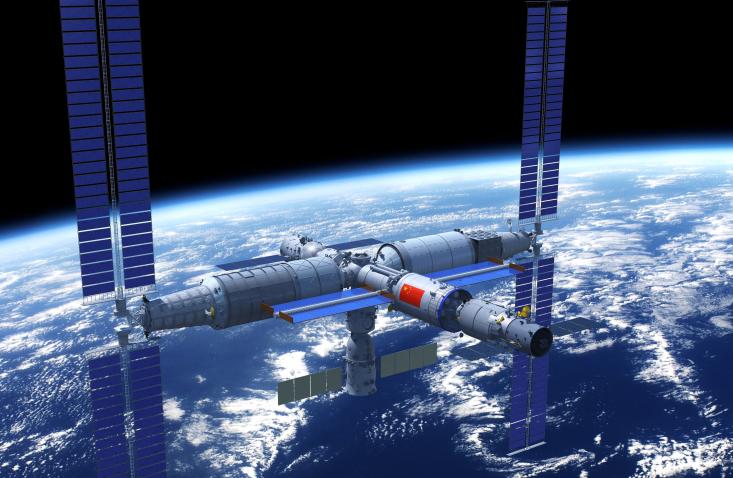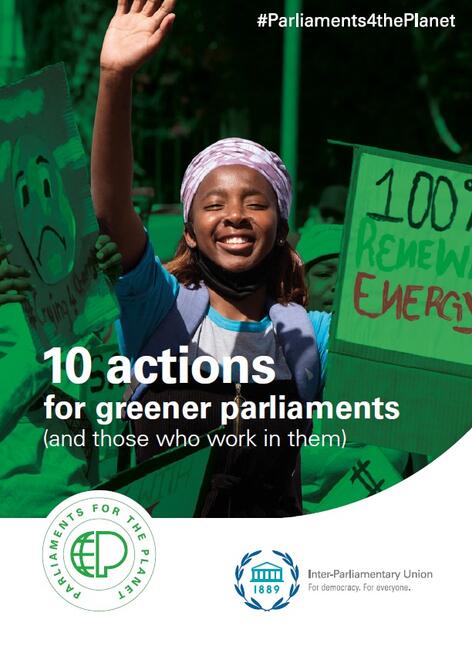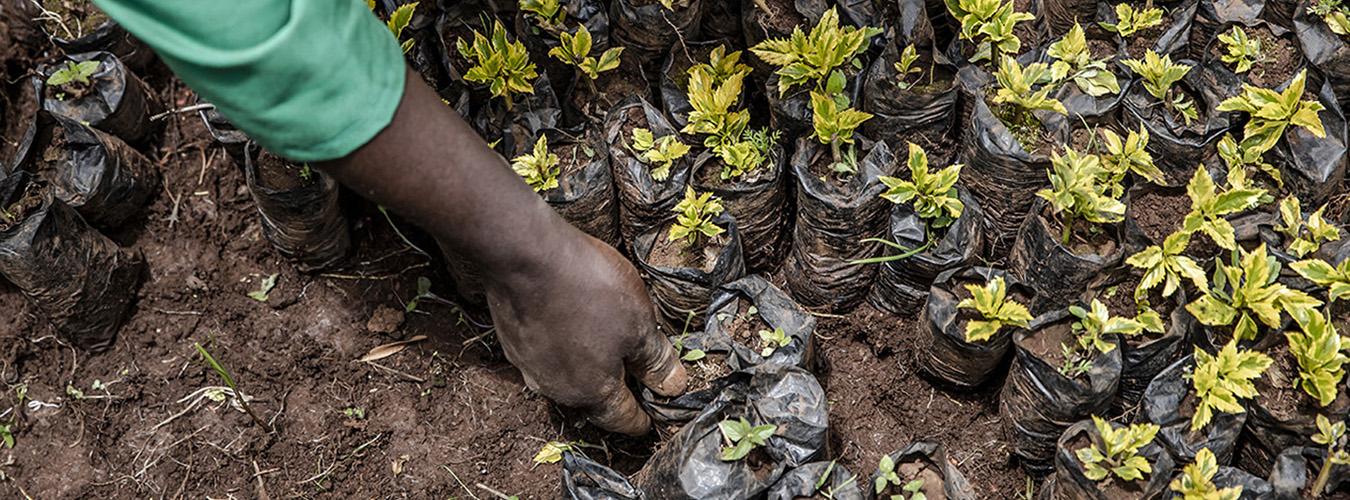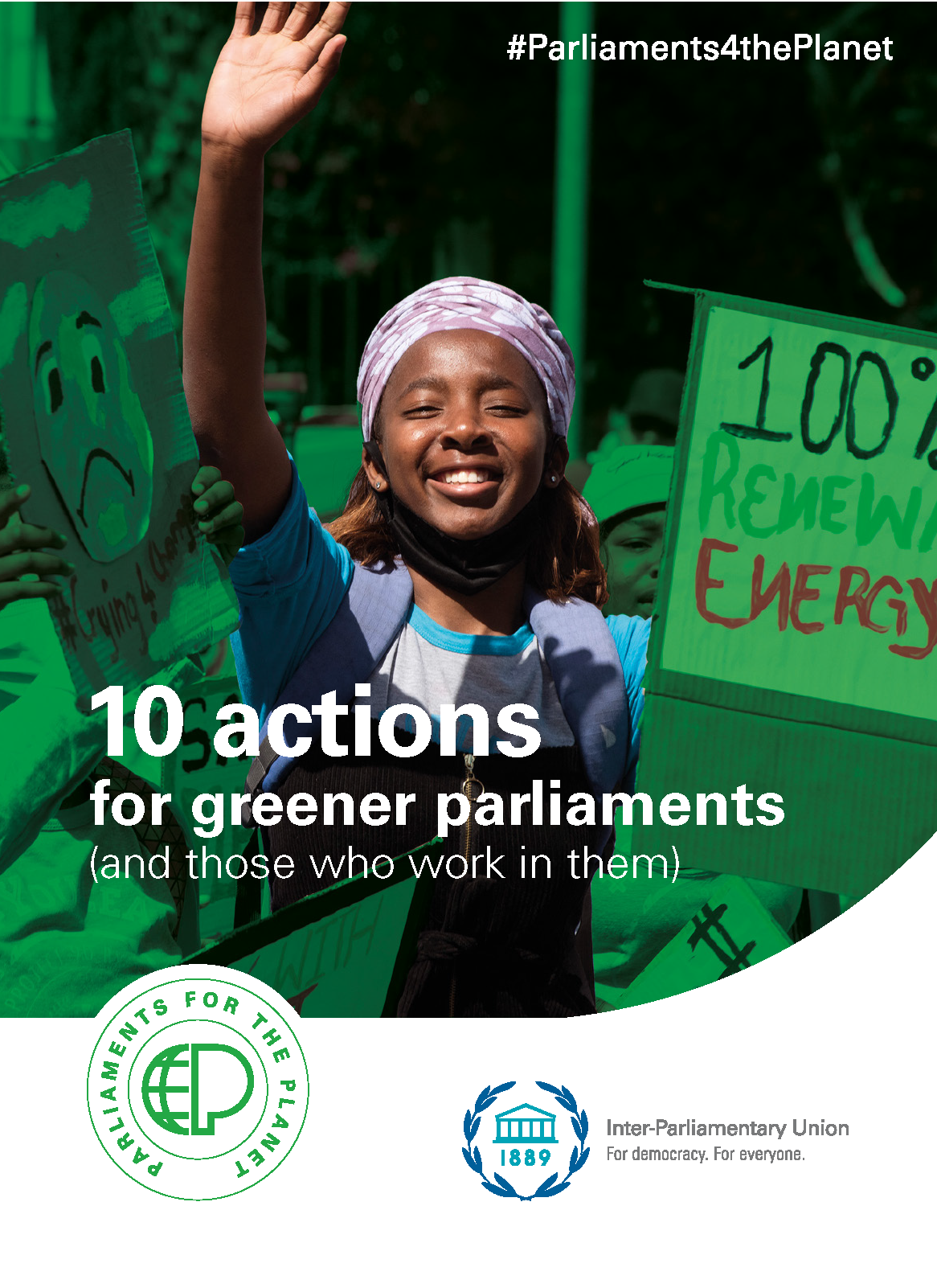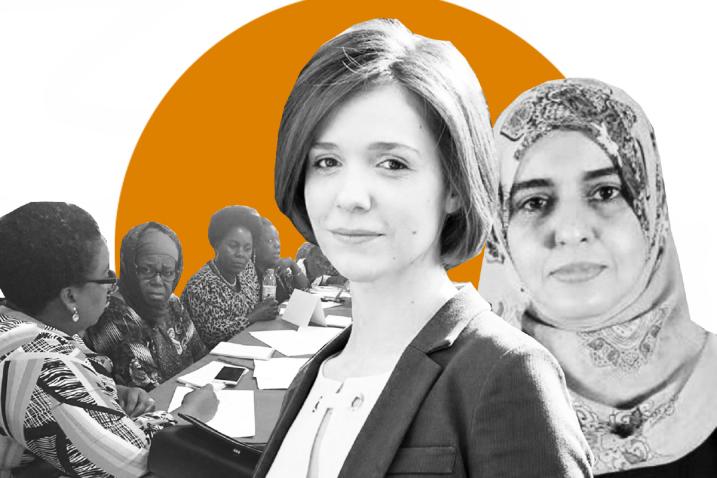
Why Asteroid Day?
In December 2016 the United Nations General Assembly adopted resolution A/RES/71/90, declaring 30 June International Asteroid Day in order to "observe each year at the international level the anniversary of the Tunguska impact over Siberia, Russian Federation, on 30 June 1908, and to raise public awareness about the asteroid impact hazard."
International Asteroid Day aims to raise public awareness about the asteroid impact hazard and to inform the public about the crisis communication actions to be taken at the global level in case of a credible near-Earth object threat.
The General Assembly’s decision was made based on a proposal by the Association of Space Explorers, which was endorsed by Committee on the Peaceful Uses of Outer Space (COPUOS).
Background
Near-Earth objects (NEOs) represent potentially catastrophic threats to our planet. NEO is an asteroid or comet, which passes close to the Earth's orbit. According to NASA’s Center for NEO Studies, there are over 16 000 Near Earth Asteroids discovered. The Tunguska asteroid event in Siberia, Russian Federation, on 30 June 1908, was the Earth's largest asteroid impact in recorded history.
On 15 February 2013, a large fireball (technically, called a "superbolide"), traveling at a velocity of 18.6 kilometers per second, entered the atmosphere and disintegrated in the skies over Chelyabinsk. According to NASA, the approximate effective diameter of the asteroid was estimated at 18 meters and its mass at 11,000 tons. The approximate total impact energy of the Chelyabinsk Fireball, in kilotons of TNT explosives (the energy parameter usually quoted for a fireball), was 440 kilotons. The Chelyabinsk event was an extraordinarily large fireball, the most energetic impact event recognized since the 1908 Tunguska blast in Russian Siberia.
The United Nations Office for Outer Space Affairs (UNOOSA) has worked on NEOs for many years, recognising a NEO impact hazard as a global issue demanding an international response. Addressing such a hazard, including the identification of those objects that pose a threat of impact and planning a corresponding mitigation campaign, requires cooperative action in the interest of public safety on the part of the global community.
Building on recommendations for an international response to a near-Earth Object impact threat, endorsed by the Committee on the Peaceful Uses of Outer Space (COPUOS) in 2013, the International Asteroid Warning Network (IAWN) and the Space Mission Planning Advisory Group (SMPAG) were established in 2014.
The International Asteroid Warning Network (IAWN) uses well-defined communication plans and protocols to assist Governments in the analysis of possible consequences of an asteroid impact and to support the planning of mitigation responses.
The Space Mission Planning Advisory Group (SMPAG) is an inter-space agency forum that identifies technologies needed for near-Earth Object deflection, and aims to build consensus on recommendations for planetary defense measures.
Documents
- Resolution declaring International Asteroid Day
- COPUOS Reports
- A/RES/54/68: Third United Nations Conference on the Exploration and Peaceful Uses of Outer Space
- Reports Archive
- Principles Governing the Use by States of Artificial Earth Satellites for International Direct Television Broadcasting (A/RES/37/92)
- Principles relating to Remote Sensing of the Earth from Outer Space (A/RES/41/65)
- Principles relevant to the Use of Nuclear Power Sources in Outer Space (A/RES/47/68)
- Declaration on International Cooperation in the Exploration and Use of Outer Space for the Benefit and in the Interest of All States, Taking into Particular Account the Needs of Developing Countries (A/RES/51/122)
- Treaty on Principles Governing the Activities of States in the Exploration and Use of Outer Space, including the Moon and Other Celestial Bodies (A/RES/2222 (XXI))
- Agreement on the Rescue of Astronauts, the Return of Astronauts and the Return of Objects Launched into Outer Space (A/RES/2345 (XXII))
- Convention on International Liability for Damage Caused by Space Objects (A/RES/2777 (XXVI))
- Register of objects launched into outer space (A/RES/3235 (XXIX))
- Agreement Governing the Activities of States on the Moon and Other Celestial Bodies (A/RES/34/68)
Useful links
- International Asteroid Warning Network
- Space Mission Planning Advisory Group
- NASA's center for computing asteroid and comet orbits and their odds of Earth impact
- NASA Asteroid Watch
- NEO Coordination Centre
- NEOShield-2
- United Nations Committee on the Peaceful Uses of Outer Space
- United Nations Office for Outer Space Affairs
- United Nations Coordination of Outer Space Activities
- International Day of Human Space Flight Day (12 April)
- International Moon Day (20 July)
- World Space Week (4-10 October)
The United Nations Office for Outer Space Affairs (UNOOSA) works to promote international cooperation in the peaceful use and exploration of space, and in the utilisation of space science and technology for sustainable economic and social development. The Office assists any United Nations Member States to establish legal and regulatory frameworks to govern space activities and strengthens the capacity of developing countries to use space science technology and applications for development by helping to integrate space capabilities into national development programmes.
The United Nations Office for Outer Space Affairs (UNOOSA) in cooperation with the China Manned Space Agency (CMSA) launched the programme, which capitalizes on the technological and innovative skills of the Government of China to benefit Member States of the United Nations, in particular developing countries, thereby contributing to the 17 Sustainable Development Goals (SDGs) through increasing access to space.
International days and weeks are occasions to educate the public on issues of concern, to mobilize political will and resources to address global problems, and to celebrate and reinforce achievements of humanity. The existence of international days predates the establishment of the United Nations, but the UN has embraced them as a powerful advocacy tool. We also mark other UN observances.



